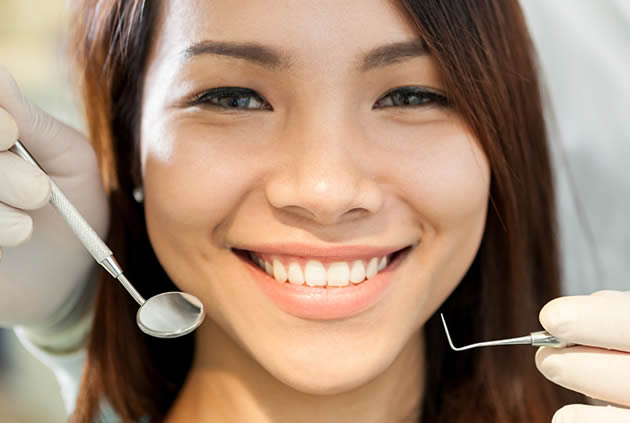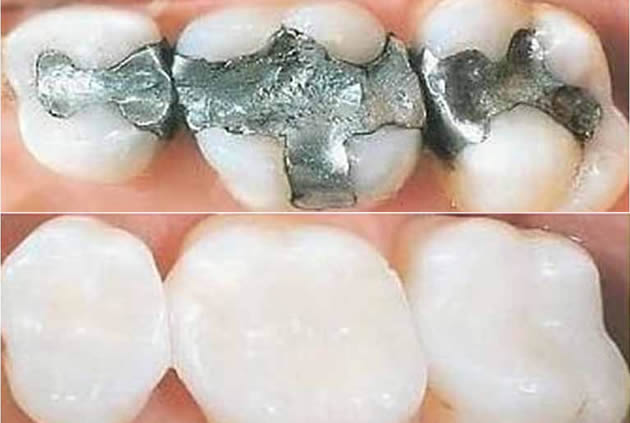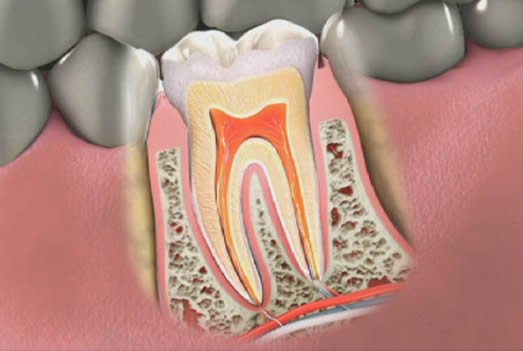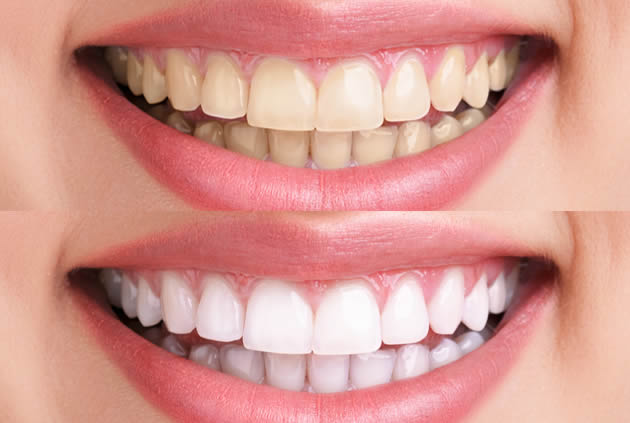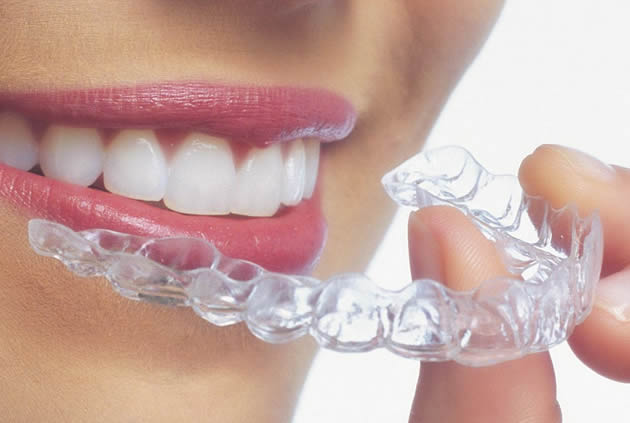
Whether you call it pop, soda, soft drink, or something else, these terms all refer to a sugary, carbonated drink popular all over the country. It is estimated that Americans consume over 13 billion gallons of soft drinks each year. These beverages can cause serious health problems, including negative effects on your oral health.
Soft drinks are one of the most significant reasons for tooth decay, and it impacts all age groups. From babies drinking it out of bottles to teenagers drinking it all day long to older adults sipping it in retirement homes, it is deteriorating tooth enamel and eroding gums of everyone who consumes it.
Why are soft drinks harmful?
The high sugar content in the drinks is the root cause of trouble, and the high acid content adds to the threat. The sugar combines with bacteria in your mouth to create an acid, which adds to the acid from the drink itself. Then this mixture attacks your teeth. Each time you take a drink of the carbonated beverage, an acid attack begins in your mouth. During this time, your tooth enamel is weakened and cavities are just waiting to form. You may think that the risk goes away by drinking sugar-free soft drinks. Although these are less harmful, they are still acidic and can lead to decay.
How can I avoid harming my teeth?
The ideal way to rule out risks from soft drinks is to cut them out of your diet completely. If you think you just can’t live without them, here are some suggestions:
- Substitute other drinks. Try drinks with less sugar, like 100% fruit juice and milk.
- Set a good example. Drink alternatives yourself and encourage your kids to do the same.
- Sip with straws. This helps keep the sugar from direct contact with your teeth.
- Rinse with water. After drinking a soda, rinse your mouth with water to reduce the amount of sugar and acid hanging onto your teeth and gums.
- Use fluoride toothpaste and mouth rinse. Using fluoride in your daily dental routine helps to reduce decay and strengthen enamel. Also ask your dentist about the possible need for professional fluoride treatments.
If you need a dentist in Baltimore contact us today

Obesity, defined as an excess proportion of body fat, has reached epidemic levels in the United States. This condition presents health risks to many areas of your body, and takes a toll on just about every aspect of your life. What does obesity have to do with oral health? Recent studies have linked the development of obesity with oral bacteria.
By testing the saliva of overweight people compared to individuals within a healthy weight range, researchers have discovered an oral bacteria present in 98 percent of the obese subjects. Experts believe this bacteria is an indicator of developing an overweight condition. Also, they suspect that the bacteria may participate in the body functions that lead to obesity.
Preventing and controlling obesity usually begins with analyzing and changing your diet. A high glycemic diet, which generally means a diet high in sugars, contributes to weight gain. It is also connected with your dental health, because sugars in your mouth are converted into plaque. If plaque accumulates on your teeth and gums, the risk increases for tooth decay and gum disease.
While it will likely benefit your waistline to reduce the amount of sugar consumed, doing so will reduce your risks for oral disease. Likewise, regular dental checkups, proper oral hygiene including brushing and flossing twice daily, and smart diet modifications will also lower your oral health risks. As experts continue to investigate the connection between your mouth and your overall health, following recommendations for caring for your mouth will likely decrease oral bacteria and possibly limit your risks of other health concerns such as obesity.
Schedule your appointment at our Baltimore dental office
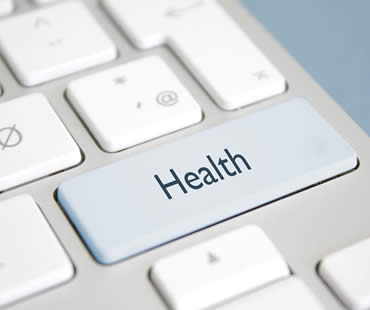
Your body is a little bit like a puzzle. It gives you clues to help you figure out what’s going on within your body. Did you know your mouth can give you hints about things that may be happening elsewhere in your body? Here’s a list of some of the signs your mouth can give you to pay attention to certain other aspects of your health.
Worn teeth and headache
If your teeth are showing extensive wear, you may be grinding your teeth. This would be even a stronger possibility if you’re also experiencing regular headaches, which can be caused by the muscle tension related to teeth grinding. This condition also indicates that you are likely under too much stress, and that you are unconsciously coping with it by grinding your teeth.
Gums covering teeth
If your gums begin to grow over your teeth and you are on medication, it may mean that your medication is at fault. Some medicines can cause your gums to overgrow, and the dosage needs to be adjusted.
Mouth sores
An open sore in your mouth that doesn’t go away in a couple of weeks can be an indicator of oral cancer. Numbness and unexplained bleeding in your mouth are other signs. Smokers and people over age 60 are at the most risk, but that doesn’t mean it doesn’t affect others too. See your dentist to make sure all is okay.
Cracked teeth
If your teeth begin to crack or wear extensively, you may have gastroesophogeal reflux disease (GERD). It’s a digestive disease that allows stomach acid to flow back into your food pipe and mouth. This acid can cause your teeth to deteriorate. Additional signs of GERD are acid reflux, heartburn, and dry mouth.
Unclean dentures
If you wear dentures, make sure you remove and clean them regularly. Inhaling food debris from your dentures that makes its way to your lungs can lead to pneumonia.
We look forward to seeing you in our Baltimore dental office









